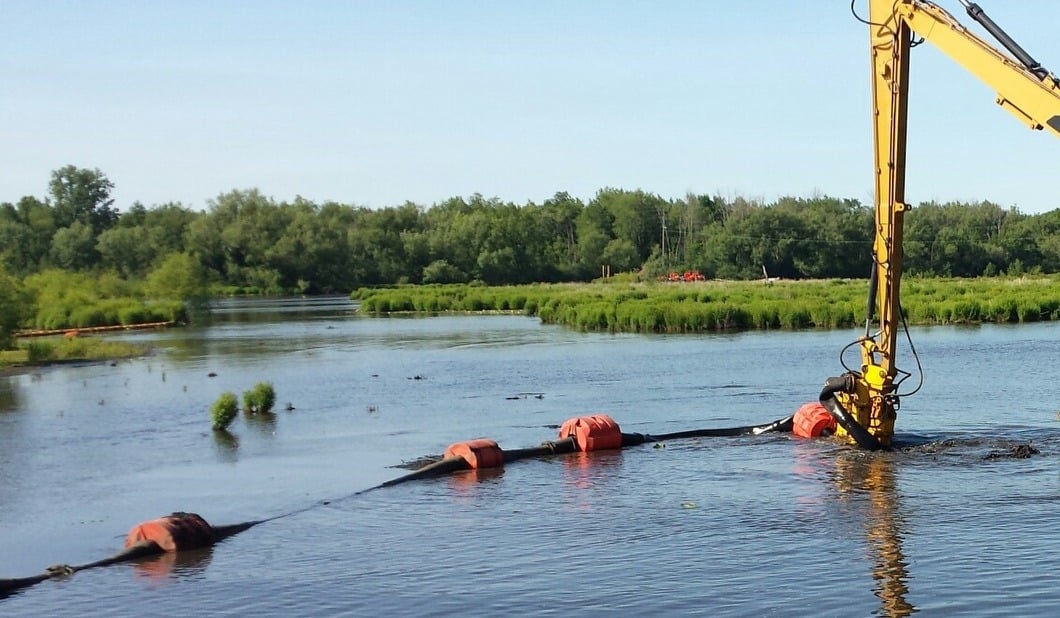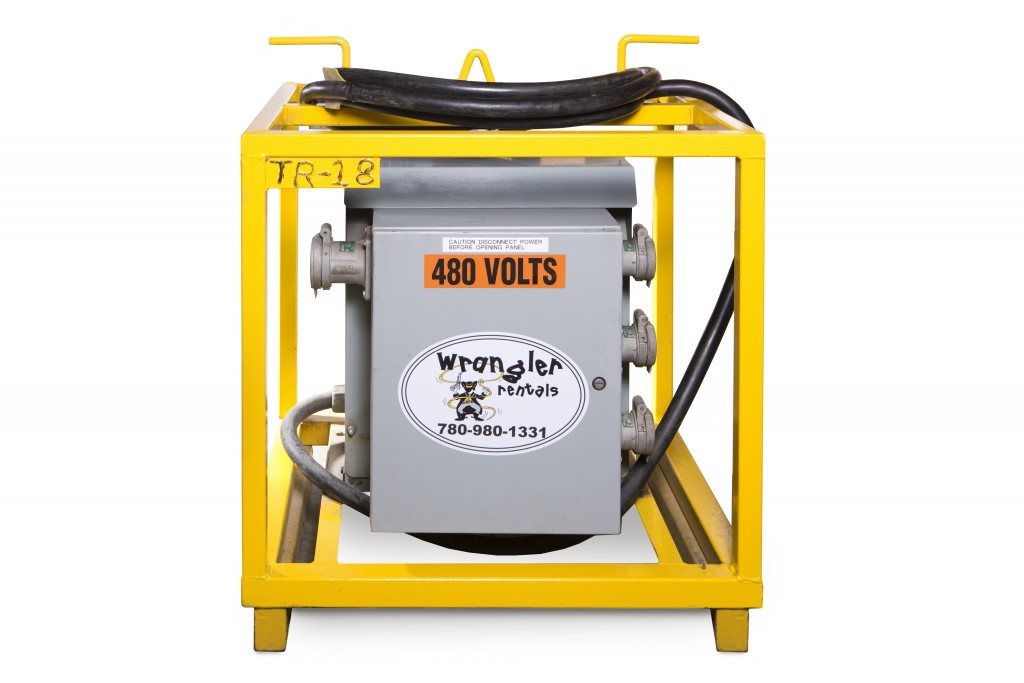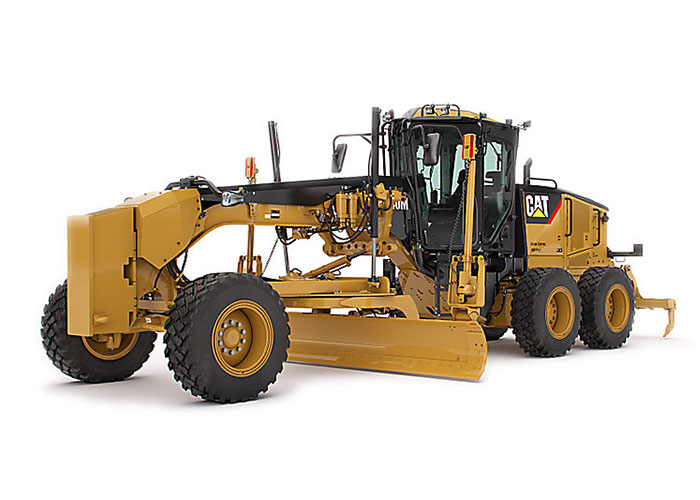Superior Rentals fusion machines: maintenance tips every engineer should know
Wiki Article
A Comprehensive Guide to the Different Kinds Of Oil Field Equipment and Pipeline Equipment Available
The oil and gas market depends heavily on customized equipment for reliable extraction and transport. Various kinds of equipment, from drilling rigs to storage space tanks, play important duties in this complicated procedure. Each tool offers unique functions that add to overall functional success. Comprehending these components is important for anyone associated with the industry. As the sector evolves, so as well do the modern technologies that support it. What advancements are on the horizon?
Drilling Rigs: The Backbone of Oil Expedition
Drilling rigs act as the necessary equipment in the domain of oil expedition, making it possible for firms to access hydrocarbon reserves buried deep under the Planet's surface. These rigs can be found in different types, including land rigs, offshore rigs, and mobile units, each designed to run in specific environments. Equipped with sophisticated modern technology, piercing rigs can penetrate geological formations with precision, making sure efficient source removal. The architectural integrity and operational capacities of these rigs are crucial, as they should stand up to severe problems and significant stress. Moreover, the selection of a drilling rig impacts the total project price and timeline, making it a crucial consideration for oil firms seeking to optimize their expedition efforts and maximize productivity in their procedures.Pumps: Crucial for Liquid Movement
In the oil removal procedure, the function of pumps is considerable, helping with the activity of fluids throughout different phases of production. Pumps are essential for moving unrefined oil, water, and various other fluids from underground storage tanks to the surface and afterwards with pipes to refineries. They come in different types, consisting of centrifugal, positive variation, and completely submersible pumps, each offering details purposes based upon the liquid characteristics and operational requirements. Centrifugal pumps are commonly made use of for their effectiveness in high-flow applications, while positive displacement pumps master managing viscous fluids. The selection of pump effects general effectiveness, functional safety and security, and maintenance expenses. Proper selection and maintenance of pumps are essential for maximizing manufacturing and lessening downtime in oil field procedures.Valves: Managing Circulation and Pressure

Shutoffs play a crucial function in managing the flow and stress of fluids within oil fields and pipelines. Numerous kinds of valves serve unique applications, each designed to meet details features fundamental for effective procedure - Superior rentals squeeze tools. Understanding the features and uses of these valves is necessary for maximizing system efficiency and safety and security
Types of Valves
Vital elements in oil area procedures, valves play a vital duty in controlling the flow and pressure of fluids within pipelines and devices. Different kinds of shutoffs are used to fulfill the diverse requirements of oil and gas manufacturing. Typical kinds consist of entrance valves, which offer a straight-line flow and marginal stress drop; globe valves, recognized for their throttling capacities; and round valves, identified for their fast on/off control. Additionally, check shutoffs stop backflow, while butterfly valves use a light-weight solution for regulating flow. Each valve type is created with certain materials and setups to endure the severe problems usually located in oil areas, guaranteeing integrity and effectiveness in procedures. Comprehending these kinds is critical for efficient system management.Valve Applications and Functions
While various kinds of valves offer unique objectives, their main applications focus on controlling circulation and pressure within oil and gas systems. Valves such as gateway, globe, and ball valves manage fluid activity, making sure peak efficiency and safety. Gate valves are typically utilized for on/off control, supplying minimal flow resistance. World shutoffs, on the other hand, offer precise flow regulation, making them appropriate for throttling applications. Ball valves are preferred for their fast operation and tight securing capabilities. Additionally, pressure safety valve are essential for avoiding system overpressure, protecting tools integrity. Generally, the suitable choice and application of shutoffs boost operational efficiency, making sure the reliable transportation of oil and gas via pipelines and processing centers.Compressors: Enhancing Gas Transportation
Compressors play an important duty in the reliable transportation of natural gas, making sure that it moves efficiently with pipes over fars away. These devices enhance the stress of all-natural gas, allowing it to conquer rubbing and altitude modifications within the pipeline system. In addition, compressors assist in the concrete batching plant for sale harmonizing of supply and need, accommodating fluctuations in intake and production prices. Numerous kinds of compressors are used in the industry, consisting of centrifugal, reciprocating, and rotating screw compressors, each offering distinctive benefits based on the operational requirements. Regular upkeep of these compressors is necessary to make the most of efficiency and reduce downtime, eventually adding to a reliable gas transportation network. Their essential feature underscores the importance of compressors in the total oil and gas framework.Storage Tanks: Safe and Effective Liquid Management
Effective transport of gas counts on various support group, one of which is the appropriate administration of storage tanks. These containers play a crucial duty in securely consisting of fluids, making certain that operational performance is kept while minimizing ecological risks. Built from durable products, they are designed to withstand high pressures and destructive aspects. Effectively sized and strategically situated, tank promote the smooth flow of all-natural gas and other liquids, avoiding bottlenecks in supply chains. Routine upkeep and monitoring are imperative to identify leaks or structural problems, promoting security and conformity with regulatory requirements. Inevitably, the reliable administration of tank is critical for the general stability and reliability of the oil and gas market's liquid handling systems.
Pipeline Systems: Infrastructure for Transportation
Pipeline systems offer as the foundation of the oil and gas market, facilitating the efficient transport of hydrocarbons over huge ranges. These systems consist of various elements, including pipelines, shutoffs, pumps, and compressors, all carefully created to assure smooth flow. The materials used in pipeline building, commonly steel or high-density polyethylene, are chosen for sturdiness and resistance to deterioration. Pipeline networks can span across land and water, linking production sites to refineries and distribution centers. Additionally, advanced innovation makes it possible for real-time monitoring of flow prices and stress levels, boosting functional effectiveness. The calculated positioning of these pipes lessens ecological impact while taking full advantage of resource access, consequently playing a necessary function in meeting energy needs worldwide.Security Equipment: Making Certain Worker and Environmental Protection
The operation of pipeline systems, while vital for power transport, likewise offers considerable security difficulties for workers and the setting. Security devices plays a substantial role in reducing these risks. Personal safety equipment (PPE) such as helmets, gloves, and non-slip footwear safeguards workers from physical threats. Furthermore, gas detection systems check for leakages, guaranteeing that dangerous substances do not position a danger to personnel or the bordering ecosystem. Emergency situation shutdown systems are vital for swiftly halting operations during a dilemma, preventing possible calamities. Spill containment products, including absorbents and barriers, are basic for reducing ecological influence. Overall, investing in comprehensive security equipment is vital for preserving functional stability and shielding both employees and the atmosphere in the oil and gas market.
Frequently Asked Concerns
Exactly how Do I Select the Right Oil Field Equipment for My Project?
Picking the best oil area tools involves assessing project requirements, spending plan restrictions, and operational requirements. Take into consideration factors such as devices integrity, compatibility with existing systems, and the distributor's online reputation to guarantee peak performance and security.What Are the Maintenance Requirements for Oil Field Equipment?
Upkeep requirements for oil Website area devices include regular assessments, lubrication, and prompt repair services. Operators needs to likewise follow supplier guidelines, monitor performance metrics, and assurance compliance with security guidelines to boost longevity and performance.
How Can I Guarantee Conformity With Environmental Rules?
To guarantee conformity with ecological guidelines, business should conduct routine audits, apply ideal practices, spend in training, maintain appropriate paperwork, and remain upgraded on legislation (Superior Oilfield Rentals). Cooperation with environmental firms can also improve adherence to lawsWhat Is the Typical Life-span of Pipeline Equipment?
The ordinary lifespan of pipeline devices generally varies from 20 Learn More to half a century, relying on factors such as worldly quality, ecological conditions, and upkeep techniques. Normal assessments can significantly influence durability and functional effectiveness.How Do I Securely Transport Oil Field Equipment to Remote Locations?
Carrying oil field devices to remote places requires careful planning, consisting of route assessment, safeguarding licenses, utilizing suitable lorries, and guaranteeing safety and security methods are complied with. Appropriate training and communication amongst teams are crucial for effective transport.Report this wiki page